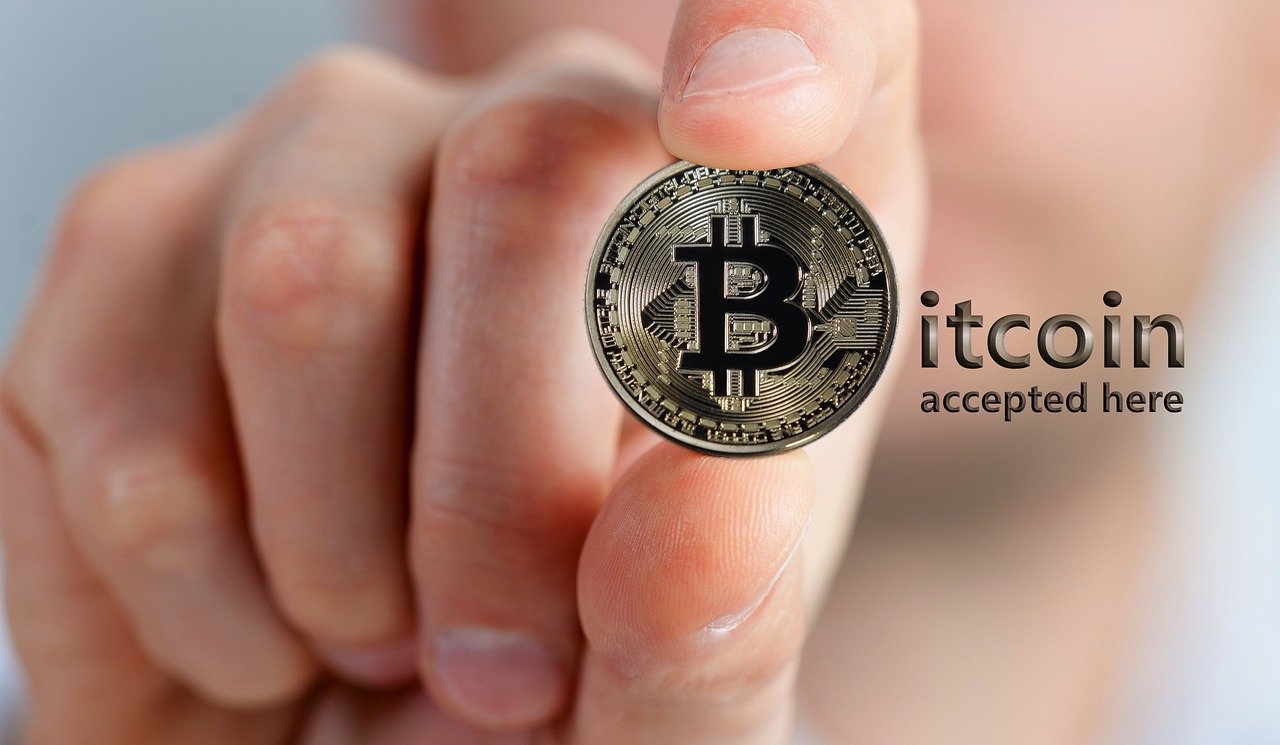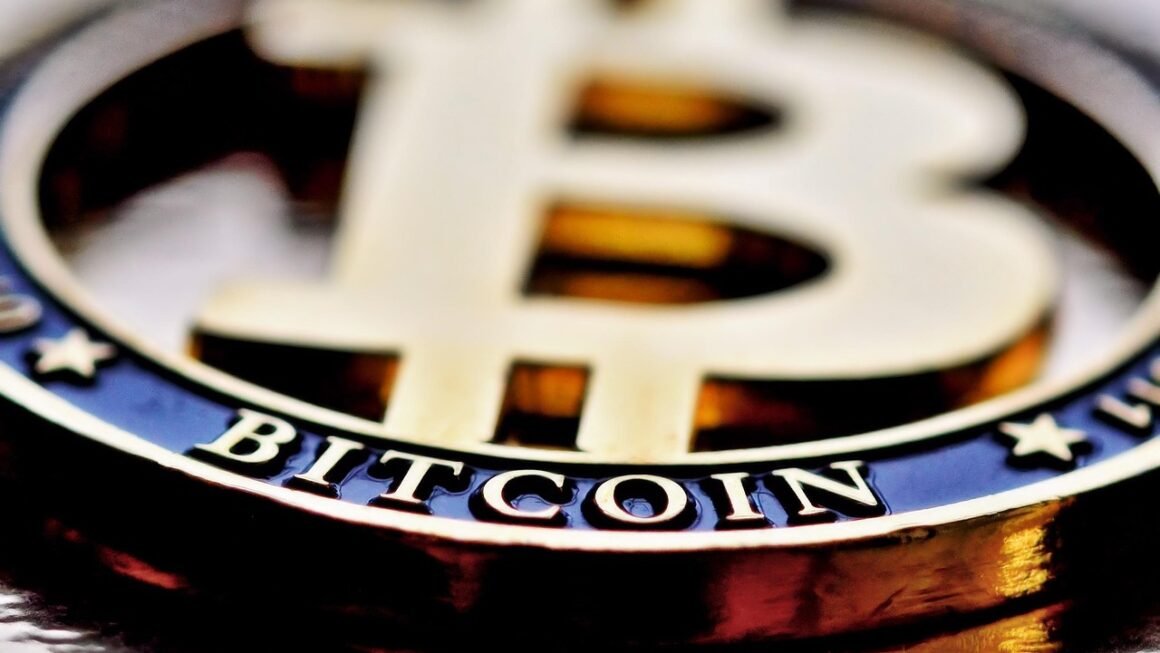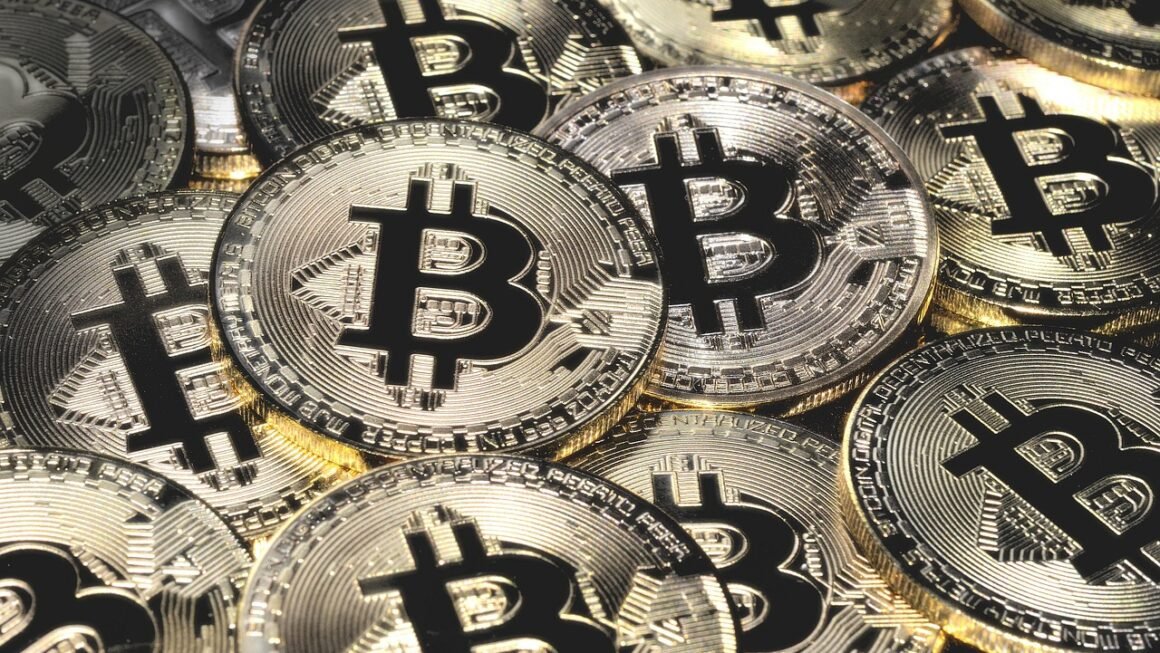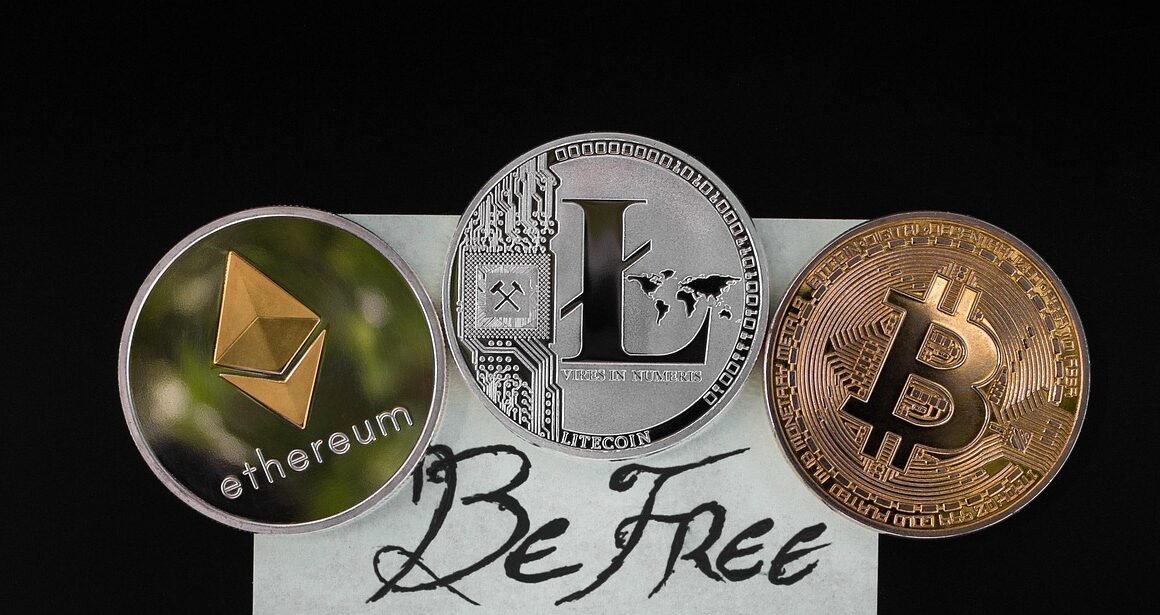Tokenization is revolutionizing industries worldwide, from finance and real estate to art and collectibles. But what exactly is tokenization, and why is it creating such a buzz? This comprehensive guide will break down the concept of tokenization, exploring its benefits, applications, and how it’s reshaping the digital landscape. Whether you’re an investor, a business owner, or simply curious about this emerging technology, this post will provide you with a clear understanding of tokenization and its potential.
What is Tokenization?
Defining Tokenization
Tokenization is the process of converting something of value, whether tangible or intangible, into a digital token that can be bought, sold, and traded on a blockchain. Think of it like converting a physical asset, like a piece of art, into a digital representation that exists on a secure, decentralized ledger. These tokens represent a fractional or whole ownership stake in the underlying asset.
- Key takeaway: Tokenization transforms real-world assets into digital equivalents, making them more accessible and liquid.
How Tokenization Works
The core of tokenization lies in blockchain technology. Here’s a simplified breakdown of the process:
- Example: Imagine a valuable painting. Instead of selling the entire painting to a single buyer, the owner can tokenize it, creating, say, 10,000 tokens. Each token represents 0.01% ownership of the painting. Investors can then purchase these tokens, owning a small piece of the masterpiece.
Benefits of Tokenization
Increased Liquidity
Tokenization significantly enhances the liquidity of illiquid assets. Real estate, for example, is traditionally a slow-moving market with high transaction costs. Tokenization allows owners to fractionalize property ownership, making it easier and faster to buy, sell, and trade shares.
- Benefit: Unlock capital tied up in traditionally illiquid assets.
Enhanced Accessibility
Tokenization democratizes investment opportunities. High-value assets that were previously accessible only to wealthy individuals or institutions become available to a broader range of investors through fractional ownership.
- Example: Art, private equity, and high-end collectibles become accessible with smaller investment amounts.
Improved Transparency and Security
Blockchain technology provides unparalleled transparency and security. All transactions are recorded on a public, immutable ledger, making it difficult to manipulate or falsify records. Smart contracts automate and enforce the terms of ownership, reducing the need for intermediaries and minimizing the risk of fraud.
- Data: A study by Deloitte found that blockchain technology can reduce operational costs by up to 30% through increased transparency and automation.
Reduced Costs
Tokenization streamlines the investment process by automating many administrative tasks, such as record-keeping, compliance, and settlement. This reduces the need for intermediaries, lowers transaction costs, and speeds up the overall process.
- Benefit: Lower fees and faster transaction times compared to traditional investment methods.
Global Reach
Tokenized assets can be traded globally, opening up new investment opportunities and expanding the investor base. Blockchain technology removes geographical barriers, allowing investors from all over the world to participate in token offerings.
- Actionable Takeaway: Explore tokenization as a means to attract international investors.
Applications of Tokenization
Real Estate Tokenization
Tokenizing real estate allows for fractional ownership of properties, making it easier to invest in real estate with smaller amounts of capital. It also streamlines the buying and selling process, reducing paperwork and transaction times.
- Example: A luxury apartment building can be divided into thousands of tokens, each representing a small percentage of ownership.
Tokenization in Finance
In finance, tokenization is being used to create security tokens, which represent ownership in a company or asset. It’s also being applied to streamline supply chain finance and improve transparency in lending.
- Statistics: The security token market is projected to reach $3.68 trillion by 2030, according to a report by Verified Market Research.
Art and Collectibles Tokenization
Tokenization allows art collectors and enthusiasts to invest in fractional ownership of valuable artwork and collectibles. This opens up new investment opportunities and enhances the liquidity of these assets.
- Tip: Consider tokenizing rare or unique items to increase their marketability.
Tokenizing Intellectual Property
Copyrights, patents, and other forms of intellectual property can be tokenized, allowing creators to raise capital, manage their rights more effectively, and distribute royalties more efficiently.
- Benefit: Simplified rights management and royalty distribution for content creators.
Challenges and Considerations
Regulatory Uncertainty
The regulatory landscape for tokenization is still evolving, and there is a lack of clear and consistent regulations in many jurisdictions. This uncertainty can create challenges for businesses looking to tokenize assets.
- Actionable Takeaway: Consult with legal experts to ensure compliance with all applicable regulations.
Security Risks
While blockchain technology is generally secure, there are still potential security risks associated with tokenization, such as hacking, smart contract vulnerabilities, and phishing scams.
- Tip: Implement robust security measures and conduct thorough audits of smart contracts to mitigate these risks.
Valuation Challenges
Determining the fair value of tokenized assets can be challenging, especially for illiquid assets with limited historical data.
- Consideration: Use professional appraisers and conduct thorough due diligence before investing in tokenized assets.
Adoption Barriers
Widespread adoption of tokenization requires education, awareness, and a change in mindset among investors and businesses.
- Strategy: Focus on educating potential users about the benefits of tokenization and addressing their concerns.
Conclusion
Tokenization holds immense potential to transform various industries by increasing liquidity, enhancing accessibility, improving transparency, and reducing costs. While challenges such as regulatory uncertainty and security risks remain, the benefits of tokenization are undeniable. As blockchain technology continues to evolve and regulations become clearer, we can expect to see even wider adoption of tokenization in the years to come. Understanding the fundamentals of tokenization is now crucial for anyone looking to stay ahead in the rapidly evolving digital economy. Whether you are an investor, entrepreneur, or simply a technology enthusiast, exploring the possibilities of tokenization is an investment in understanding the future.



